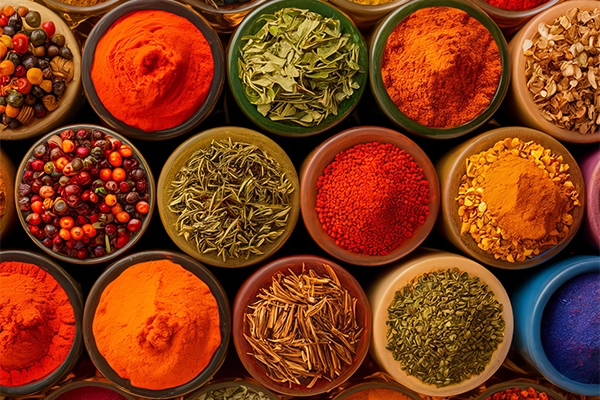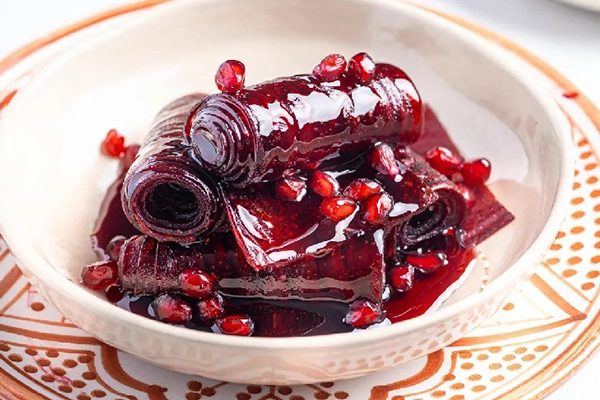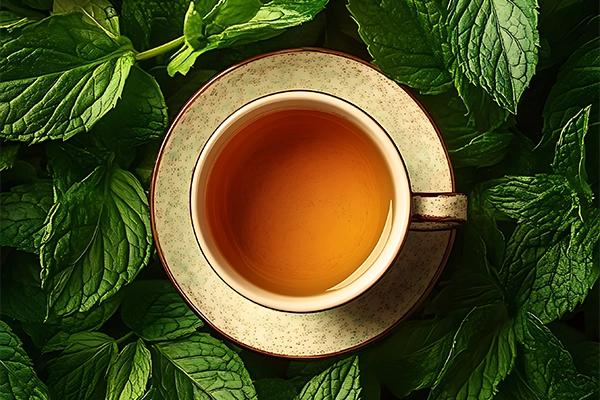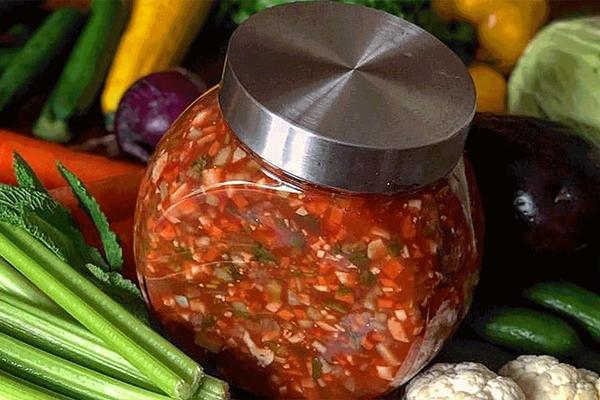In culinary, spices form a key constituent in flavoring and perfumed foods. One of the most common questions among cooks is what is the difference between whole spices and ground spices, and which one is best for cooking? Before diving into this, it’s worth exploring the top 50 spices list to understand the diversity of spices available. In this post, we will examine the difference between ground vs whole spices, so that you can make an informed decision.
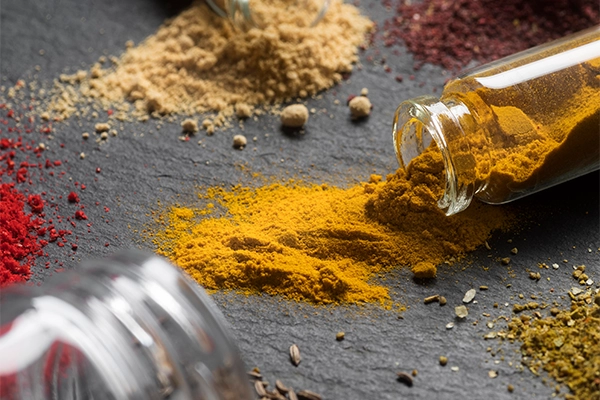
Whole Spices
Whole spices are used in their natural, unground form. These types of spices are seeds, sticks, or large chunks that slowly release their flavor and aroma. Some whole spices include: cardamom, cinnamon sticks, cloves, cumin seeds, and whole black peppercorns.
Advantages:
- More complex and richer flavor
- Longer-lasting (up to a few years when properly stored)
- Best for longer cooking times such as stews, soups, and Indian or Persian dishes
Ground Spices
These spices are obtained by grinding whole spices and are mostly found in ready packets. Powdered spices such as turmeric, cayenne pepper, ground cinnamon, and paprika are very popular due to the convenience of use.
Advantages:
- Easy and quick to use when cooking
- Perfect for stir-frying or quick cooking
- Easy to blend with other ingredients
Difference Between Whole Spices and Ground Spices
When comparing ground vs whole spices, the following are points to remember:
| Whole Spice Attributes | Powdered Spice |
| Long-lasting and slow flavor release | Strong but temporary flavor and aroma |
| Longer shelf life | Shorter shelf life |
| Needs preparation (pound or grind) | Ready to use |
| Best for long cooking | Best for quick cooking |
Which to Use?
The application of whole and powdered spices depends upon the type of food, cooking time, and personal choice. If you have time to cook and desire the original and natural flavor, whole spices are ideal. If you need convenience and speed, powdered spices are appropriate.
Whether you are utilizing ground vs whole spices, the most important thing is their quality and freshness. Understanding the difference between whole spices and ground spices enables you to make the most appropriate choice according to the type of food and give a clear flavor to your foods.
Major Tips for Utilizing Whole and Powdered Spices While Cooking
In the ground vs whole spices debate, it is important to understand how to utilize each type of spice during cooking. Knowing their nature and limitations will allow you to impart the optimum flavor and aroma to your foods.
1. Incorporating Spices in Food at the Appropriate Time
Whole spices must be added at the beginning of cooking in order to have a chance to give off their flavor and aroma. Powdered spices must be added midway or near the end of cooking because they can burn or lose their aroma if exposed to high heat.
2. Amount of Use
Due to their high concentration and strength, powdered spices must be used more carefully; their high amount causes the dish to become bitter or spicy. Whole spices add flavor slowly and can be used in larger quantities.
3. Storage
Whole spices have a longer life due to their natural state and can survive years without any decrease in quality. Ground spices must be stored in airtight containers, away from light and moisture, as they lose their flavor and characteristics more quickly.
4. Deep Flavoring in Special Dishes
For stews, pilafs, or traditional soups, whole spices should be used so that they release their flavor slowly under low heat. For quick foods such as eggs, instant soups, or stews, powdered spices may be utilized.
5. Sautéing with Oil or Frying
To release the aroma of ground spices, sauté them in butter or oil for a short while first. Whole spices such as cumin seeds or black pepper can also be sautéed along with onions or garlic first to release their flavor.
Therefore, by being aware of the distinction between whole spices and ground spices, you can use them accordingly and achieve a more flavorful result in cooking. Being aware of these differences in contrasting ground vs whole spices can elevate your cooking skill level.
Guide to Choosing the Right Spices for Better Flavor
Taste of the food is the result of the right combination of raw material and the intelligent use of spices. One such important choice in the process is the utilization of ground vs whole spices. This choice makes a characteristic difference to the final aroma and flavor of the food.
1. Know the Food Type and Cooking Time
If your food is going to take long to cook (such as stews or steamed food), it’s best to add whole spices to gradually release their aroma. On the other hand, if the food is quick cooked (for instance, eggs, stir-fries or salads), powdered spices are ideal.
2. Know the Difference Between ground vs whole spices
Whole spices are used in their natural form without undergoing the grinding process, such as cinnamon sticks or cardamom seeds. This type of spice has a longer shelf life and releases the flavor slowly. Ground spices work faster but their aroma and flavor disappear faster. It is better to prepare these types of spices fresh or store them in tight packaging.
3. Purpose of Using Spices
If your goal is to add a deep flavor and aroma to your food, such as Persian, Indian, or Arabic cuisine, whole spices are a better choice. For instance, for adding sudden spiciness or color (e.g., incorporating turmeric or red pepper), powdered spices are better.
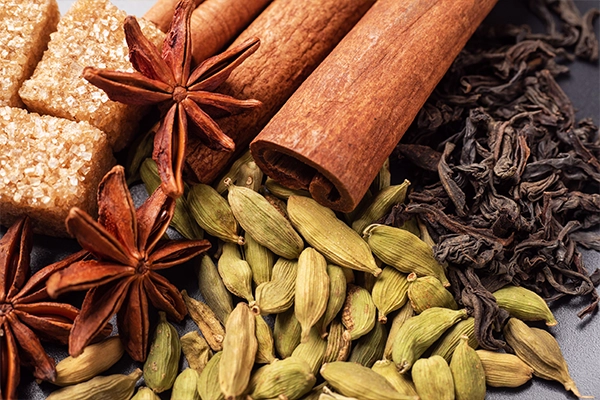
4. Blending Spices in Food
Sometimes, it is best when both spice forms are combined. For example, in some food, whole spices are roasted and some of the powdered version is added near the end of cooking.
5. Freshness of Spices
Whether you utilize ground spices or whole spices, the most important factor in the final quality of the food is the freshness of the spice. Leftover spices, although expensive, are unable to add good flavor to the food.
Conclusion
In conclusion, it should be said that the choice of spices can make a significant contribution to the improvement of the quality and flavor of food. As for ground vs whole spices, none of them is absolutely better, but the type of food, cooking time, and purpose of use determine which one is more suitable.
By appropriately understanding the difference between whole spice and ground spice, you can use both the forms in their correct place and achieve a balanced and strong flavor and aroma in cooking. Care towards freshness, storage, and way of using spices are also very helpful in adding value to the final output of the food.
